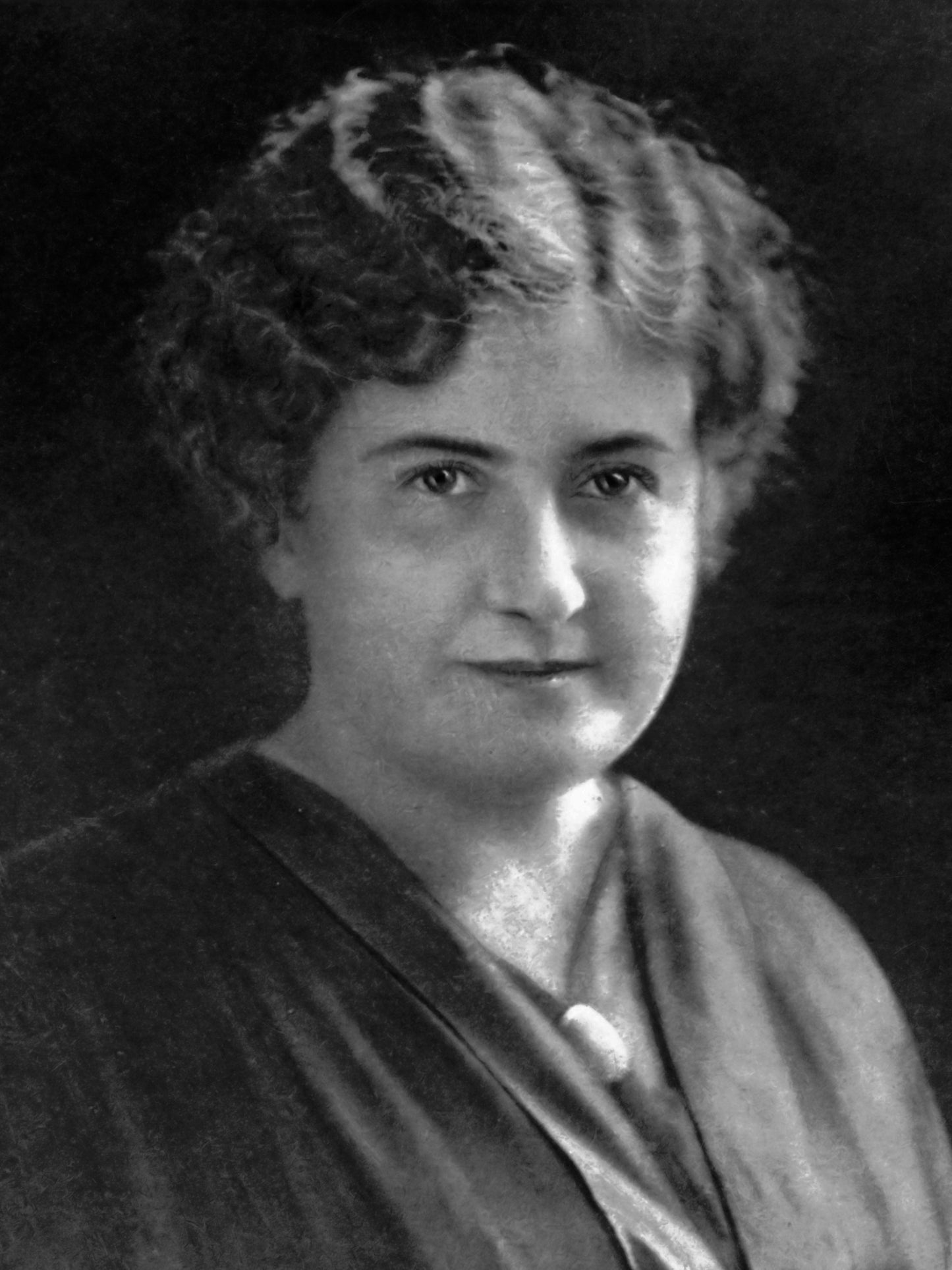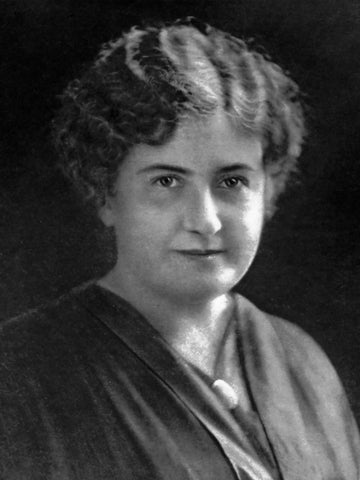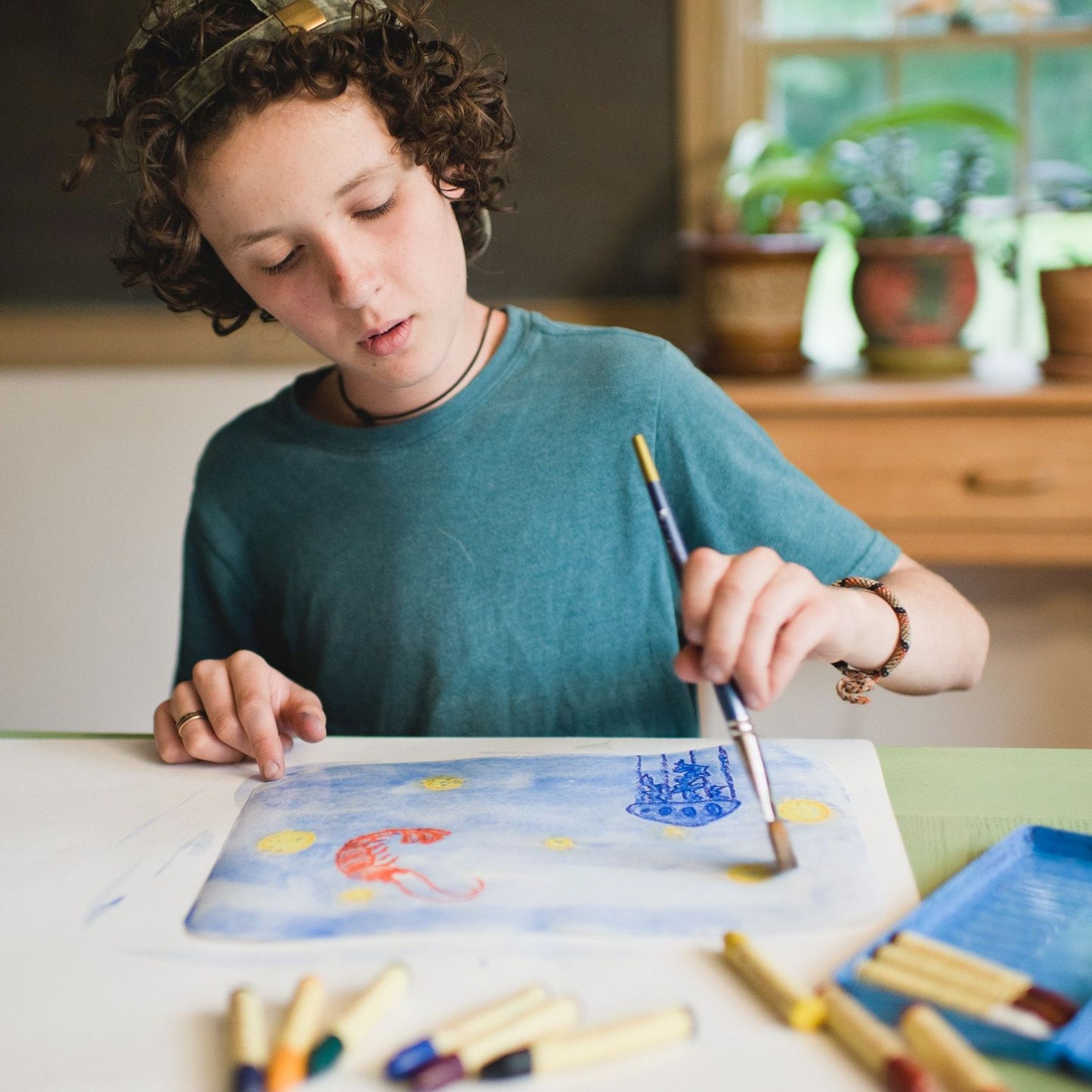

Last week we delved into the live of Rudolf Steiner. Today we introduce Maria Montessori, her life, philosophy and legacy.
Maria Montessori is a name that has become synonymous with progressive education and a revolutionary approach to child development. Born in Chiaravalle, Italy in 1870, Montessori's life was marked by perseverance and a deep passion for education.
As a child, Montessori was drawn to the sciences and mathematics, and she initially pursued a degree in engineering. However, she ultimately decided to follow her true passion and become a doctor. In 1896, Montessori became the first woman to earn a medical degree from the University of Rome, and she soon began working with children with intellectual disabilities.
It was during this time that Montessori developed her educational philosophy. Drawing on her medical training and observations of children with special needs, Montessori began to develop a system of education that emphasized self-directed learning, hands-on experiences, and individualized instruction.
Montessori's educational philosophy was based on the idea that children are naturally curious and motivated to learn. She believed that educators should create an environment that allows children to explore, experiment, and learn at their own pace. Montessori's approach also emphasized the importance of individualized instruction, as she believed that each child learns in a unique way and should be allowed to follow their own path of discovery.
Montessori's approach was met with resistance at first, as it challenged traditional notions of education and the role of the teacher. However, her ideas began to gain traction, and she opened her first school in Rome in 1907.
Over the years, Montessori's approach to education has become increasingly popular, with Montessori schools opening up around the world. Her legacy continues to inspire educators and parents alike, and her insights into child development remain relevant today.
Montessori herself once said, "Education is not something which the teacher does, but that it is a natural process which develops spontaneously in the human being." This statement encapsulates the heart of her educational philosophy, which emphasizes the importance of creating an environment that allows children to develop naturally and at their own pace.
Today, Montessori education has become an important part of the American educational experience. Montessori schools can be found in many communities across the country, and many public schools have adopted elements of Montessori's approach in their own classrooms.
In conclusion, Maria Montessori's life and work have had a profound impact on the field of education. Her philosophy of child-directed learning and individualized instruction has helped to reshape our understanding of how children learn and grow. As Montessori once said, "The greatest sign of success for a teacher... is to be able to say, 'The children are now working as if I did not exist.'" This quote illustrates the ultimate goal of Montessori education - to create an environment that allows children to take ownership of their own learning and to develop into independent, self-directed learners.


